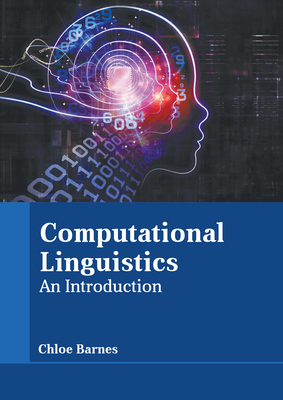Linguistic Parameters of Spontaneous Speech for Identifying Mild Cognitive Impairment and Alzheimer Disease
IF 5.3
2区 计算机科学
Q2 COMPUTER SCIENCE, ARTIFICIAL INTELLIGENCE
引用次数: 4
Abstract
In this article, we seek to automatically identify Hungarian patients suffering from mild cognitive impairment (MCI) or mild Alzheimer disease (mAD) based on their speech transcripts, focusing only on linguistic features. In addition to the features examined in our earlier study, we introduce syntactic, semantic, and pragmatic features of spontaneous speech that might affect the detection of dementia. In order to ascertain the most useful features for distinguishing healthy controls, MCI patients, and mAD patients, we carry out a statistical analysis of the data and investigate the significance level of the extracted features among various speaker group pairs and for various speaking tasks. In the second part of the article, we use this rich feature set as a basis for an effective discrimination among the three speaker groups. In our machine learning experiments, we analyze the efficacy of each feature group separately. Our model that uses all the features achieves competitive scores, either with or without demographic information (3-class accuracy values: 68%–70%, 2-class accuracy values: 77.3%–80%). We also analyze how different data recording scenarios affect linguistic features and how they can be productively used when distinguishing MCI patients from healthy controls.识别轻度认知障碍和阿尔茨海默病的自发言语语言参数
在这篇文章中,我们试图根据匈牙利轻度认知障碍(MCI)或轻度阿尔茨海默病(mAD)患者的语音记录自动识别他们,只关注语言特征。除了我们早期研究中检查的特征外,我们还介绍了自发语音的句法、语义和语用特征,这些特征可能会影响痴呆症的检测。为了确定区分健康对照组、MCI患者和mAD患者的最有用特征,我们对数据进行了统计分析,并研究了在各种说话者组配对和各种说话任务中提取的特征的显著性水平。在文章的第二部分,我们使用这一丰富的特征集作为三个说话者群体之间有效歧视的基础。在我们的机器学习实验中,我们分别分析了每个特征组的功效。我们的模型使用了所有特征,无论有没有人口统计信息,都能获得有竞争力的分数(三类准确率值:68%-70%,二类准确率:77.3%-80%)。我们还分析了不同的数据记录场景如何影响语言特征,以及在区分MCI患者和健康对照时如何有效地使用这些特征。
本文章由计算机程序翻译,如有差异,请以英文原文为准。
求助全文
约1分钟内获得全文
求助全文
来源期刊

Computational Linguistics
工程技术-计算机:跨学科应用
CiteScore
15.80
自引率
0.00%
发文量
45
审稿时长
>12 weeks
期刊介绍:
Computational Linguistics, the longest-running publication dedicated solely to the computational and mathematical aspects of language and the design of natural language processing systems, provides university and industry linguists, computational linguists, AI and machine learning researchers, cognitive scientists, speech specialists, and philosophers with the latest insights into the computational aspects of language research.
 求助内容:
求助内容: 应助结果提醒方式:
应助结果提醒方式:


